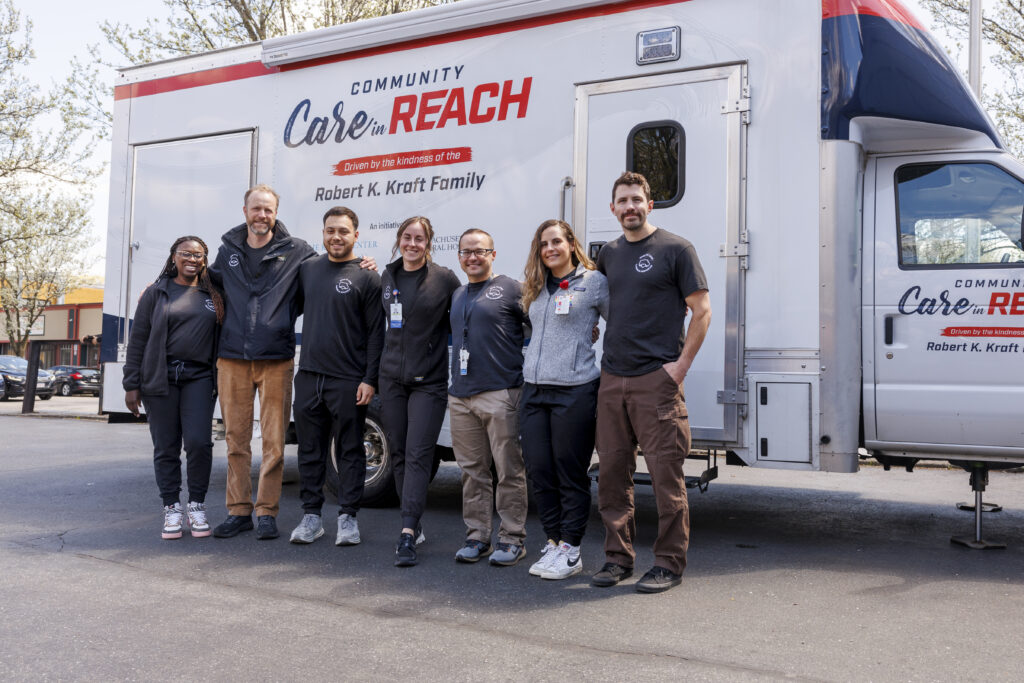•Participate in daily drop-in operations including opening and closing procedures to help ensure van and program spaces are clean, safe and welcoming.
•Conduct street-level outreach activities for active users in areas or neighborhoods identified as high-risk or high-need within program catchment areas.
•Recruit and engage high-risk, hard to reach people who use drugs or engage in sex work, including injection drug users.
•Provide safer sex and safer drug use education and distribute syringes and other health-related resources and tools (and collect used syringes) in accordance with local laws and public health regulations.
•Promote safe disposal, including collection and disposal of used syringes.
•In a manner consistent with harm reduction principles, provide substance use and sexual risk assessments and discuss individualized risk reduction and harm reduction strategies (incl. safer injection practices; safer sex practices; overdose prevention and reversal; drug use management techniques; HIV, HCV and STI prevention; and other topics relevant to people who use drugs).
•Assist with the provision of overdose prevention trainings and Narcan distribution and document incidences of overdose and reversals.
•Provide low-threshold referrals and connect participants with medical care, drug treatment and other social services. Solicit and track feedback from participants to ensure that the agencies to which we refer are effective and treat participants with respect and in a manner appropriate to harm reduction programs.
•Keep accurate, consistent, complete and intelligible records and data on all program activities and/or participants; provide program director with reports
in a timely manner.

Qualifications:
•At least two years of health, social service, or related experience (including lived experience) with persons who inject drugs in a harm reduction setting.
•Demonstrated current knowledge of HIV/AIDS, STDs, hepatitis and other blood-borne infections, particularly in relation to injection drug use; street life; slang vocabularies; drug use practices; harm reduction concepts and principles; local drug treatment; health care; and criminal justice systems and resources.
•Demonstrated communication skills with the ability to communicate complex information in a culturally appropriate, consistently respectful, and non-judgmental manner
•Strong organizational, interpersonal, written and verbal communication skills.
•Previous experience implementing support groups and trainings a plus.
•Previous experience with data collection and entry.
•Self-directed, motivated and flexible with the ability to work independently and as part of a team.
•Nurse care manager—Once a patient base has been established at a clinical site and the need to manage MOUD refills increases, consider adding a nurse case manager to the staff to coordinate refills, toxicology screens, etc.
•Driver—Some mobile units do not meet the requirements for a commercial driver’s license (CDL) and therefore can be driven by any staff members. Other mobile units require a CDL and a specially trained driver should be on the staff. A CDL is required when certain weight, passenger volume, or transport material specifications are met. Programs should consult with their legal teams to verify if a CDL is required.
•Behavioral health specialist—High risk patients often experience multiple comorbidities and mental illness often plays a role. Access to behavioral health specialists could prove extremely helpful. This additional clinical service may also be considered in a tele-health model on the van.
•Case manager/recovery coach—Can be hired to support patients in their recovery efforts beyond their engagement with the mobile health program. Recovery coach staff may operate both on and off the mobile unit.